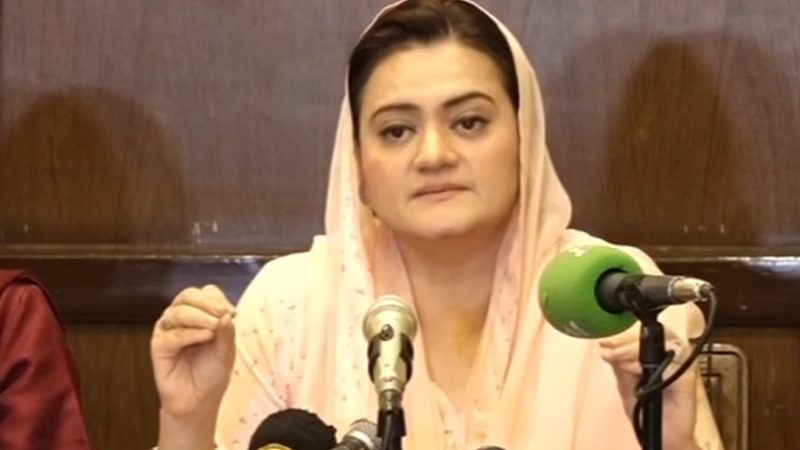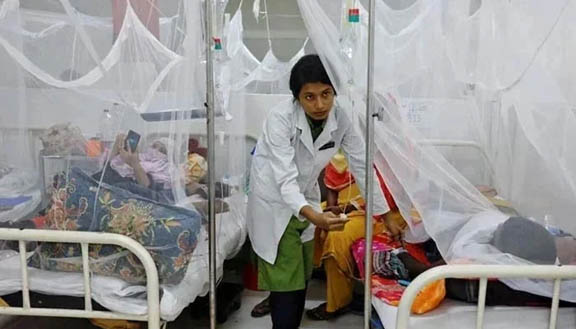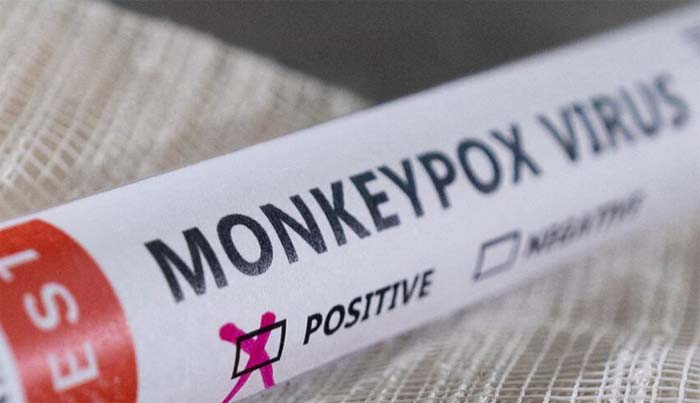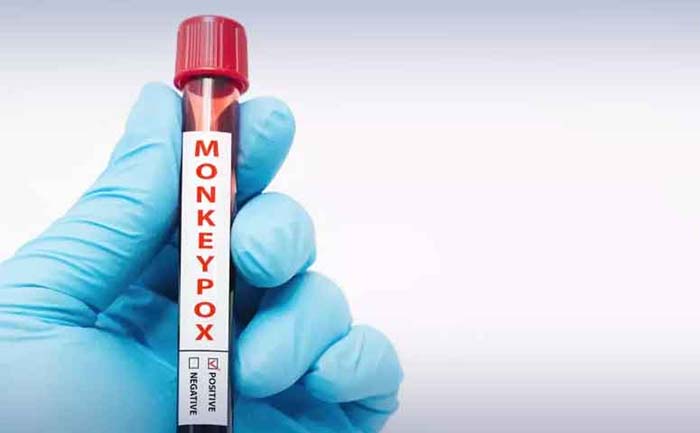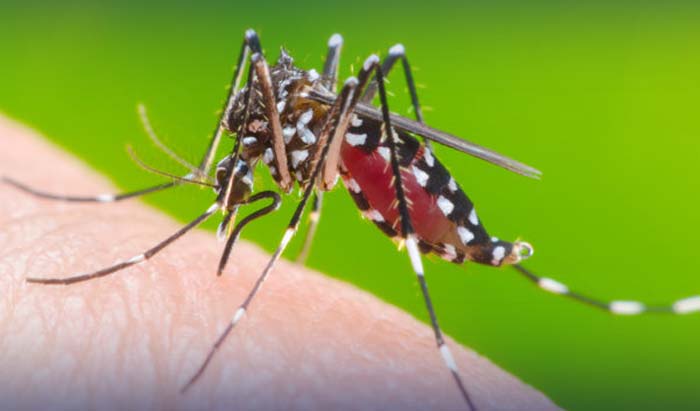Medic reveals why you should NEVER tip a child’s head back during a nosebleed
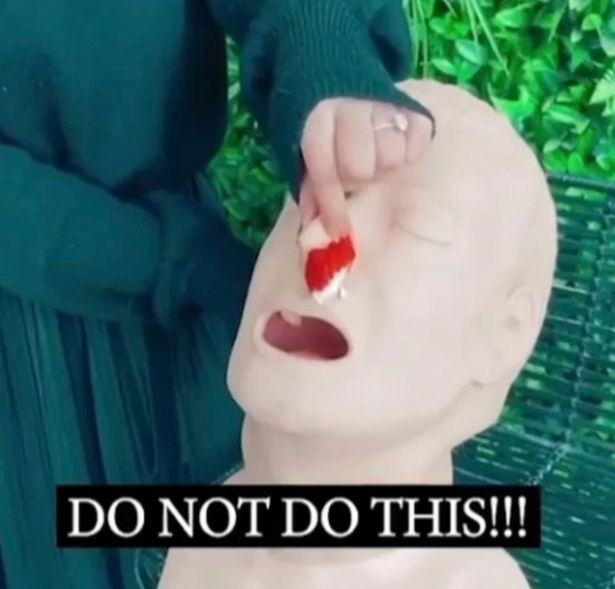
A former paramedic has urged parents not to tilt their little one’s heads back if they have a nose bleed because it can make them vomit.
Nikki regularly shares life-saving tips and tricks on Instagram under the username @tinyheartseducation, like the food types that increase the chance of choking, things to buy before you give birth and how to learn baby first aid at home.
But parents have praised her for debunking a nosebleed mistake many of them had been making.
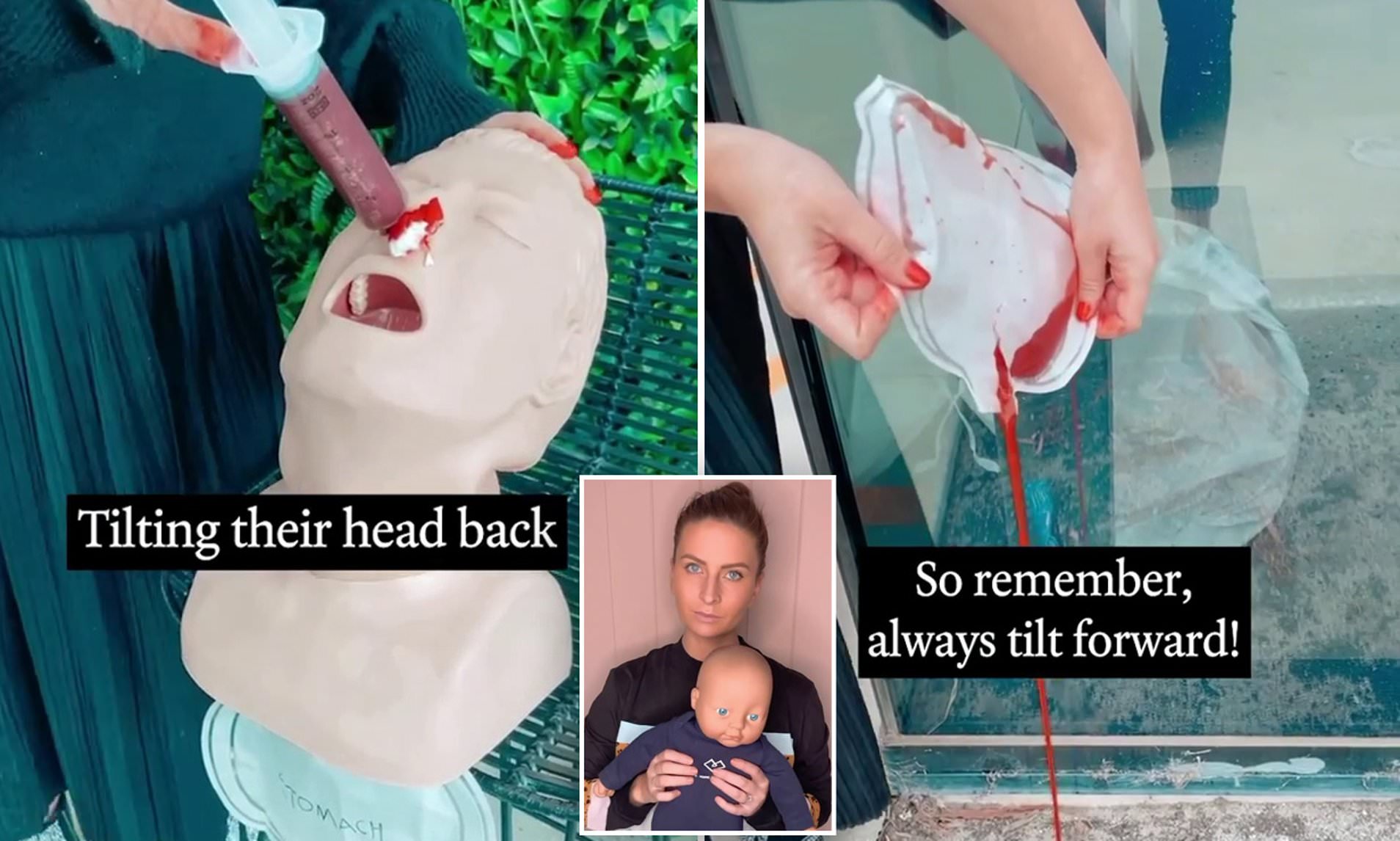
Although nosebleeds aren’t usually serious and are usually caused by anything from a dry nose to blowing it too hard and nose picking according to the NHS, it’s important to ensure you know how to approach it if it occurs.
Mum-of-two Nikki asked: “Little one got a bloody nose?”
“Don’t do this”.
She then demonstrates tilting the dummy’s head back whilst holding a tissue over the bloody nose.
She said: “Tilting their head back will cause the blood to flow into the stomach or lungs, which may cause your little one to vomit or aspirate.
“So remember to always tilt the head forward.
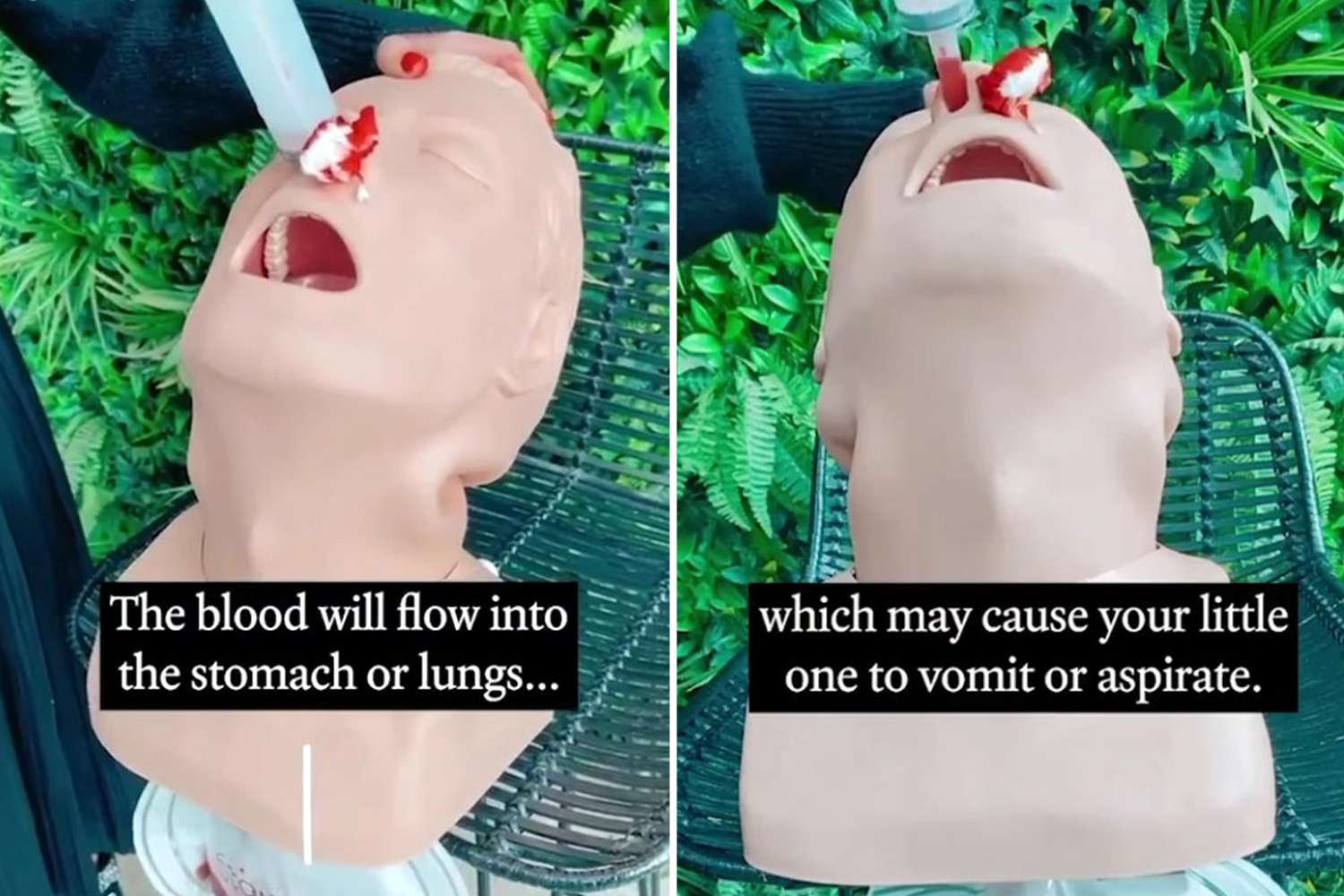
The NHS says that nosebleeds are common, particularly in children, and can most of the time be treated at home.
As Nikki says, it suggests sitting down and leaning forward, with your head tilted forwards.
It said: “You should then pinch your nose just above your nostrils for 10 to 15 minutes breathe through your mouth.
“Holding an icepack (or a bag of frozen peas wrapped in a tea towel) on the top of the nose may help reduce the blood flow. But the evidence to show it works is not very strong.”
However, there are some instances that require medical attention.
See a GP if:
- a child under 2 years old has a nosebleed
- you have regular nosebleeds
- you have symptoms of anaemia – such as a faster heartbeat (palpitations), shortness of breath and pale skin
- you’re taking a blood-thinning medicine, such as warfarin
- you have a condition that means your blood cannot clot properly, such as haemophilia


